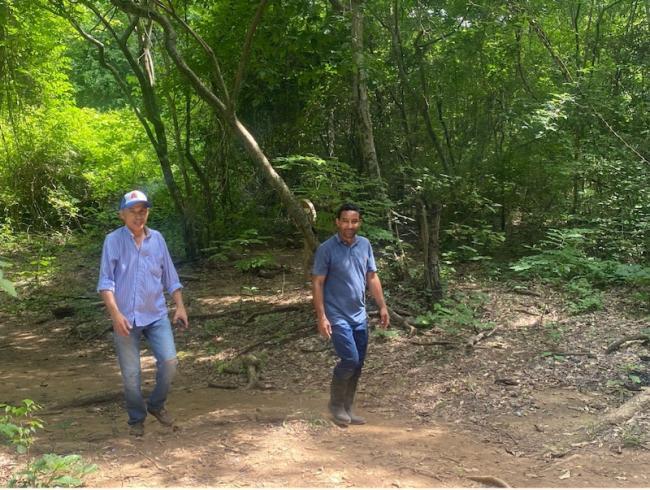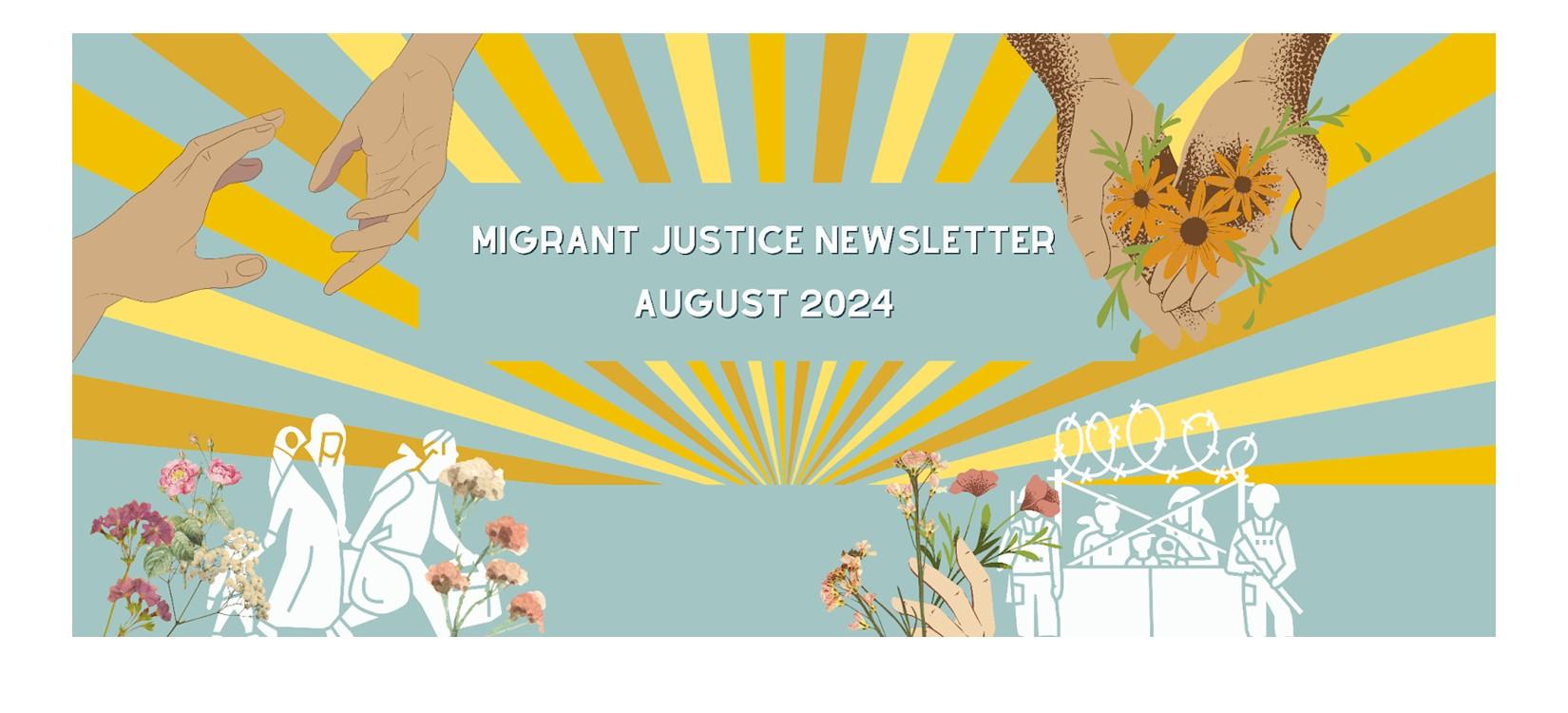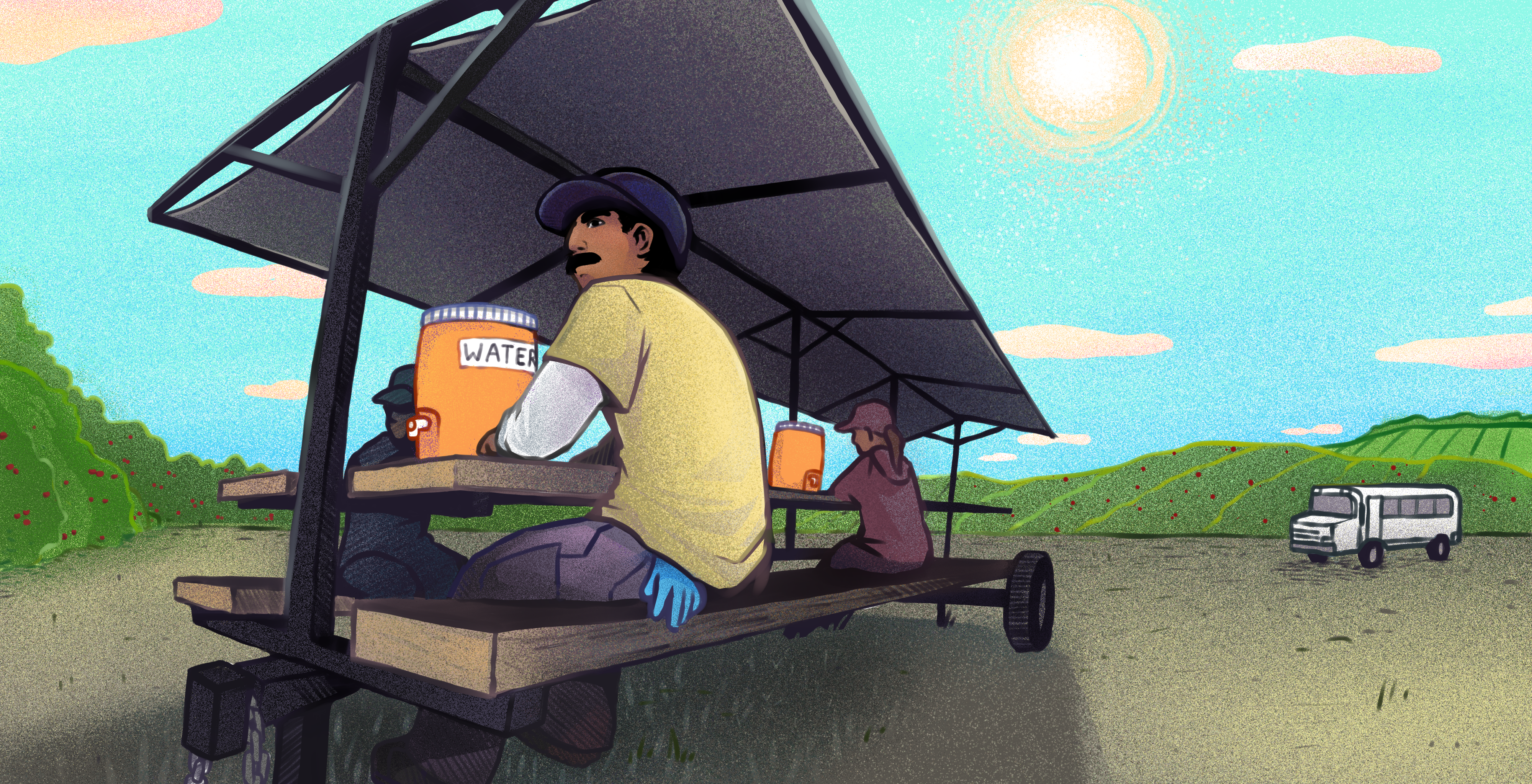NISGUA’s press release on the latest updates in the historic Guatemalan case charging ex-general Manuel Benedicto Lucas Garcia with genocide against the Maya Ixil people. On August 12, the accused made a frivolous and malicious attempt to dismiss the case. Yet, the fight continues and elders from the three municipals of the Maya Ixil region who are unable to travel to the capital due to advanced age or health issues are preparing to give their testimonies in Nebaj, Guatemala next week.
In this critical moment, a month before the expected end of the trial, we call upon international media to continue to shine a spotlight on the case and reflect upon the international community’s role in enabling the genocide. In particular, the United States provided training to the Guatemalan police and military, promoted the ‘internal enemy’ doctrine, and taught torture techniques, forced disappearance, and counterinsurgency tactics. Survivors of the genocide of the Maya Ixil people and their families and communities have been awaiting justice for over 40 years, and the fight will continue until justice prevails.



